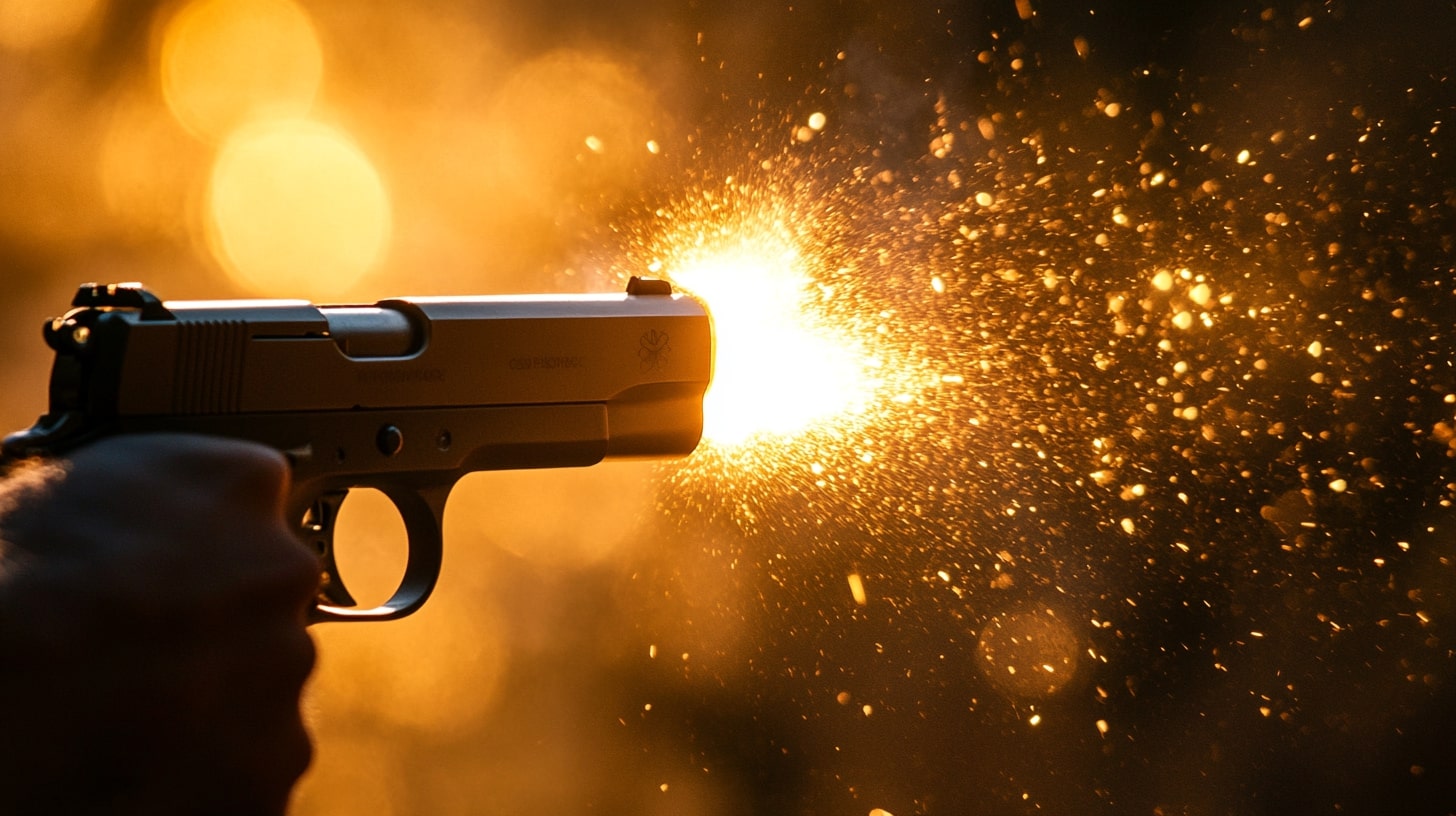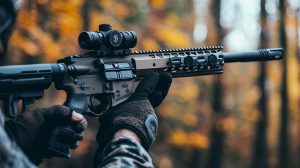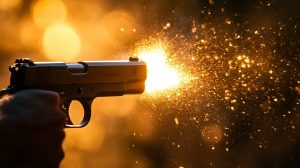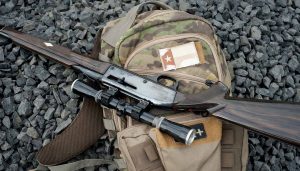
In the rugged world of hunting, gun ownership, and professional security, the condition of your firearm can mean the difference between success and failure. Maintaining firearms in tough conditions isn’t just a choice; it’s an essential practice for ensuring reliability and longevity. This blog post aims to provide practical maintenance tips that cater to hunters, gun enthusiasts, and security professionals. Whether you’re battling the elements in the wilderness or facing daily wear and tear, these tips will help you keep your firearms in top-notch condition.
Understanding Tough Conditions
Tough conditions can encompass a variety of challenging scenarios where firearms are put to the test. This includes weather extremes like heavy rain, snow, and scorching heat, as well as environments filled with dust, mud, and debris. Picture a hunter trekking through a muddy forest or a security professional patrolling a humid coastal area; these are prime examples of tough conditions.
Such environments can significantly impact a firearm’s lifespan and performance. Moisture can lead to rust and corrosion, while dirt and grime can affect the mechanics. It’s crucial for gun owners to be aware of these factors and implement a solid maintenance routine.
Essential Maintenance Practices
Cleaning and Lubrication
The foundation of firearm maintenance is regular cleaning and lubrication. Start by ensuring the gun is unloaded and disassembled according to the manufacturer’s guidelines. Use a cleaning rod and patches to remove fouling from the barrel, followed by a bore solvent to dissolve any residues. For the exterior, wipe down metal surfaces with a cloth lightly dampened with oil to prevent rust.
Lubrication is equally vital. Apply a small amount of high-quality gun oil to key moving parts, being careful not to overuse it. Excess oil can attract dust and debris, negating the effects of your cleaning efforts.
Inspection After Use
After using firearms in tough conditions, a thorough inspection is critical. Check for signs of rust, wear, or damage, paying special attention to the barrel, trigger, and magazine. If you notice any issues, address them immediately to prevent further deterioration.
Storage Advice
Proper storage is another pillar of firearm longevity. Store your guns in a dry, cool place, preferably in a gun safe designed to deflect moisture. Consider using silica gel packs or a dehumidifier in the storage area to combat humidity. Keeping firearms in a controlled environment when not in use is essential for preventing long-term damage.
Choosing the Right Tools and Products
Having the right tools and products makes all the difference in firearm maintenance. A basic cleaning kit should include a cleaning rod, brushes, patches, and a solvent. Opt for quality kits designed specifically for the type of firearms you own.
When it comes to lubricants and solvents, choose products that are formulated for tough conditions. Mil-spec oils and CLPs (cleaner-lubricant-preservatives) are excellent choices, designed to withstand extreme scenarios while providing optimal protection. Remember to wear gloves and work in a well-ventilated area to ensure safety when handling these chemicals.
Preventative Measures
Prevention is often better than cure. One way to minimize exposure to tough conditions is through protective gear. Consider using gun sleeves or cases that are water-resistant and easy to carry. These can shield your firearm from immediate exposure to rain, dirt, or dust.
Planning your outings with the weather in mind can also help reduce potential hazards. If you’re aware of upcoming bad weather, opt for a different route or reschedule your outdoor activities to minimize risks.
Real-Life Examples and Case Studies
There are countless stories of individuals who have mastered firearm maintenance despite adverse conditions. Take, for example, a hunter who regularly treks through the damp forests of the Pacific Northwest. By sticking to a consistent cleaning routine and using water-repellent covers, he has kept his rifles rust-free for over a decade.
Conversely, learning from failed attempts can be equally valuable. A security officer once neglected his maintenance duties during a particularly harsh winter, resulting in a jammed pistol at a critical moment. The experience served as a reminder of the importance of diligence and care.
Q&A Section
Q1: How often should I clean my firearm if I’m using it in tough conditions regularly?
A: Ideally, you should clean your firearm after every use in tough conditions. Regular maintenance prevents build-up and reduces the risk of malfunction.
Q2: Can I use household oils for lubrication?
A: It’s best to use oils specifically designed for firearms. Household oils may not provide the necessary protection and might attract more debris.
Q3: What can I do to prevent rust if I live in a humid area?
A: Consider using a dehumidifier in your gun storage area, and apply a rust-protective oil to metal surfaces regularly.
Conclusion
Maintaining firearms in tough conditions is crucial for their longevity and performance. By understanding the challenges presented by different environments and implementing these maintenance tips, you can ensure that your firearm remains reliable and effective. Share your own maintenance experiences and tips in the comments below, and feel free to explore further resources on our blog for more insights into firearm care.





